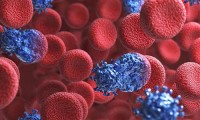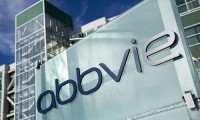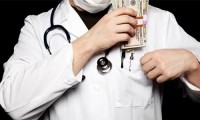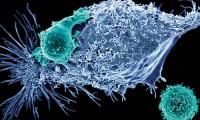-
AI to Replace Doctors and Nurses for Tasks
- Source: Ddu
- 758
- May 23, 2018
-
Study Shows Cytokines Worsens Lupus
- Source: Ddu
- 450
- May 23, 2018
-
Click-To-Release Chemotherapy – A Novel Approach
- Source: Ddu
- 491
- May 23, 2018
-
Fatty Liver Disease – Intestinal Microbiota Might Be the Cure
- Source: Ddu
- 553
- May 23, 2018
-
Accent raised $40 Million to Develop Epitranscriptomics Studies
- Source: Ddu
- 654
- May 21, 2018
-
AbbVie pressurized to keep low price for Imbruvica formula
- Source: Ddu
- 1,099
- May 17, 2018
-
Breakdown of Pharma Events Since 2017
- Source: Ddu
- 648
- May 17, 2018
-
Feds join lawsuits claiming Insys used strip club visits, super-doses and more to boost Subsys sales
- Source: FiercePharma
- 642
- May 16, 2018
-
Amsterdam airport to be a new site for EU CAR-T manufacturing facility of Gilead
- Source: drugdu
- 661
- May 16, 2018
-
Biotechnology Company Abpro postpones $69M IPO
- Source: Ddu
- 593
- May 14, 2018
your submission has already been received.
OK
Subscribe
Please enter a valid Email address!
Submit
The most relevant industry news & insight will be sent to you every two weeks.













